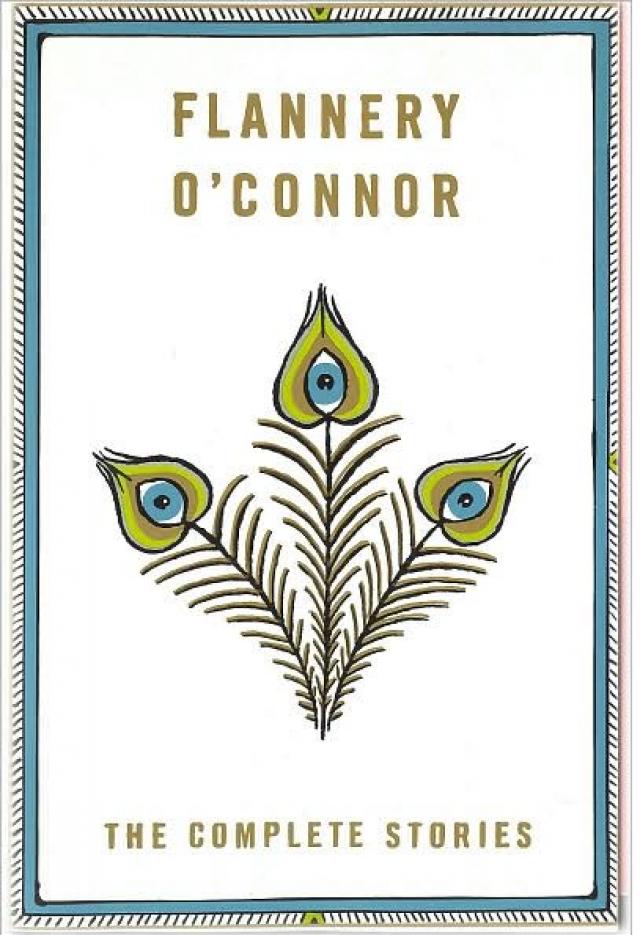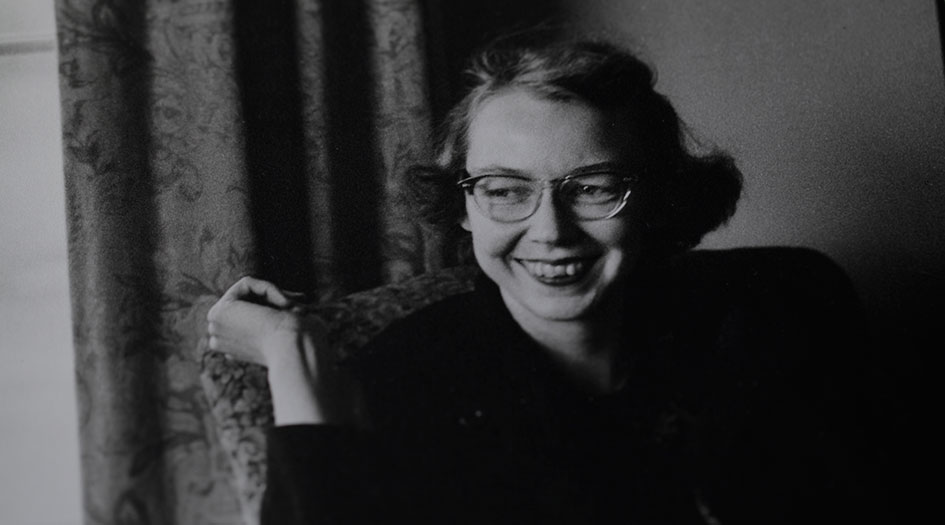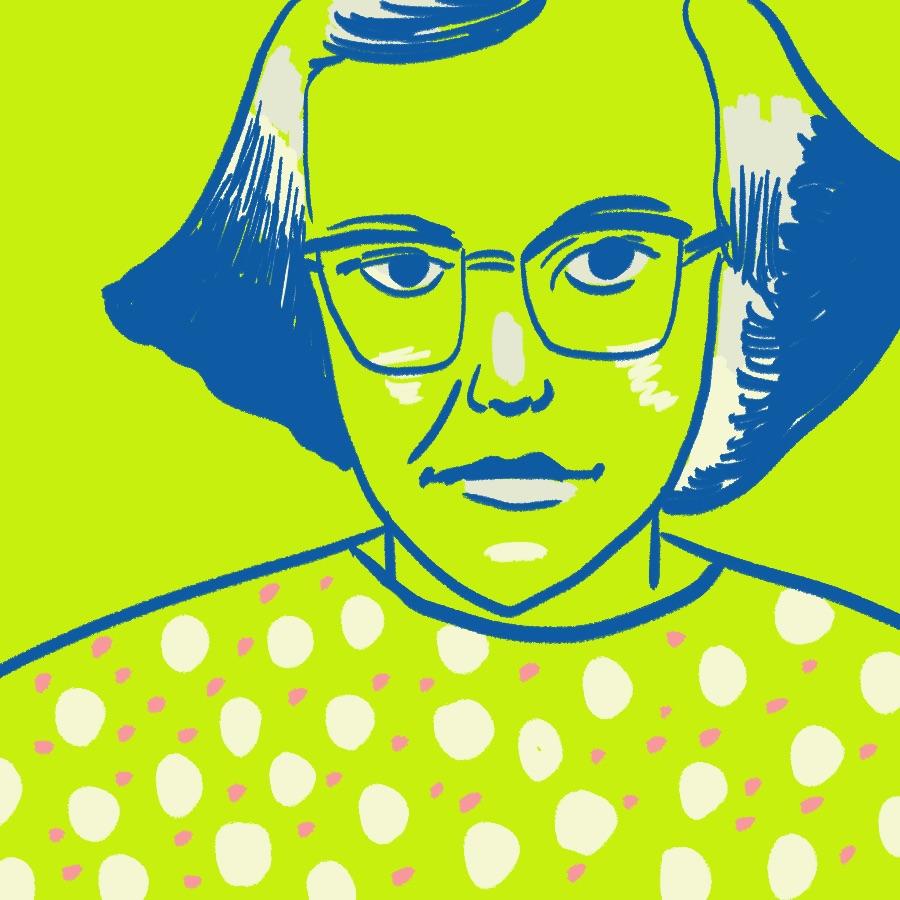- Flannery O’Connor was born in 1925 in Savannah, but lived most of her life with her mother on Andalusia farm in Milledgeville, Georgia. Stricken with lupus at age 25, she handled the suffering.
- Jan 14, 2015 In the short story The Barber, there is a college professor who is voting for the progressive candidate but the people at the barber shop are all racist people voting for the democratic white party. The Professor tries to convince his barber and everyone at the barber shop to vote for the progressive party however, he is not very persuasive.
- O'Connor's concern with the generally low quality of religious literature and the typical lack of literary acumen among the average readers of religious stories led her to expend large amounts of her carefully managed energy in order to produce book reviews for The Bulletin, a diocesan paper of limited circulation, because, as she wrote a.
- Summary and Analysis 'Parker's Back'. The overt religious message presented in 'Revelation' is used again by O'Connor in 'Parker's Back.' This story was composed by O'Connor while she was lying in the hospital a few weeks before her death. The story has the salvation of a hard-drinking, woman-chasing heathen as its main theme.

In October 1970, six years after Flannery O'Connor died, The Atlantic surfaced one of her unpublished stories and ran it beneath an almost apologetic preface from her literary executor: 'I have consented to this publication with a note making clear ... the earliness of the story and its apparent standing in the estimation of the author.' Its standing was, apparently, not very high: O'Connor had written 'The Barber' in her very early 20s, as a student at the University of Iowa Writers Workshop. She'd never published it or included it in any of her short-story collections.



The barber's face lightened. 'You're a lawyer, ain't you?' 'No,' the boy said sullenly. 'Ohhh,' the barber murmured. 'I know it must be something like that.'
It's a tribute to O'Connor that even her b-sides were this good. In 'The Barber,' a college professor tries to talk a bunch of bigots into voting for a progressive candidate. It's a futile exercise—not because racists won't listen to reason, but because the professor just isn't very persuasive. After days of obsessing over the right words, he gives a lackluster rant against segregation that doesn't even impress the black boy sweeping the floors.
'The Barber' was one of O'Connor's earliest efforts, but she came back to the same themes later in life. In 1965, Atlantic critic William Barrett reviewed her posthumously published collectionEverything That Rises Must Converge, giving special attention to the title story—the tale of an educated young man who can't change his mother's views on integration. 'The single moral, indeed, that runs through these stories,' observed Barrett, 'seems to be that the liberal mind, convinced, of its own rationality and self-righteousness, cannot possibly understand the perverse depths of the than human personality.'
But as James Parker points out in the November 2013 Atlantic, there's a mystical dimension to these failures. O'Connor was fervently Catholic, but in an almost nihilistic way—as Parker writes, she saw the divine presence as a disruptive force. When her characters smash against the limits of their own intellects, the reader experiences a kind of anti-epiphany: 'The upended moment, the breaking-in or breaking-through of a vagrant, unbiddable reality: this is the grace of God and the sign of his love.'
Read or download 'The Barber' below.
Also see 'Touched by Evil,' a review by Joseph O'Neill in the June 2009 Atlantic.
| 'The Barber' | |
|---|---|
| Author | Flannery O'Connor |
| Country | United States |
| Language | English |
| Genre(s) | Southern Gothic |
| Published in | New Signatures |
| Publication type | Book |
| Publisher | James A. Decker |
| Publication date | 1948 |
'The Barber' is an early short story by the American author Flannery O'Connor. It is one of the six stories included in O'Connor's 1947 master's thesis The Geranium: A Collection of Short Stories and was first published in New Signatures I: A Selection of College Writing in 1948. It later appeared in the 1971 collection The Complete Stories. The story involves a professor who feels a need to explain his liberal political views to a conservative barbershop.[1]
References[edit]
- ^Richard Giannone, Flannery O'Connor, hermit novelist (University of Illinois Press, 2000)
